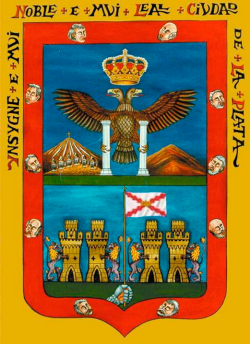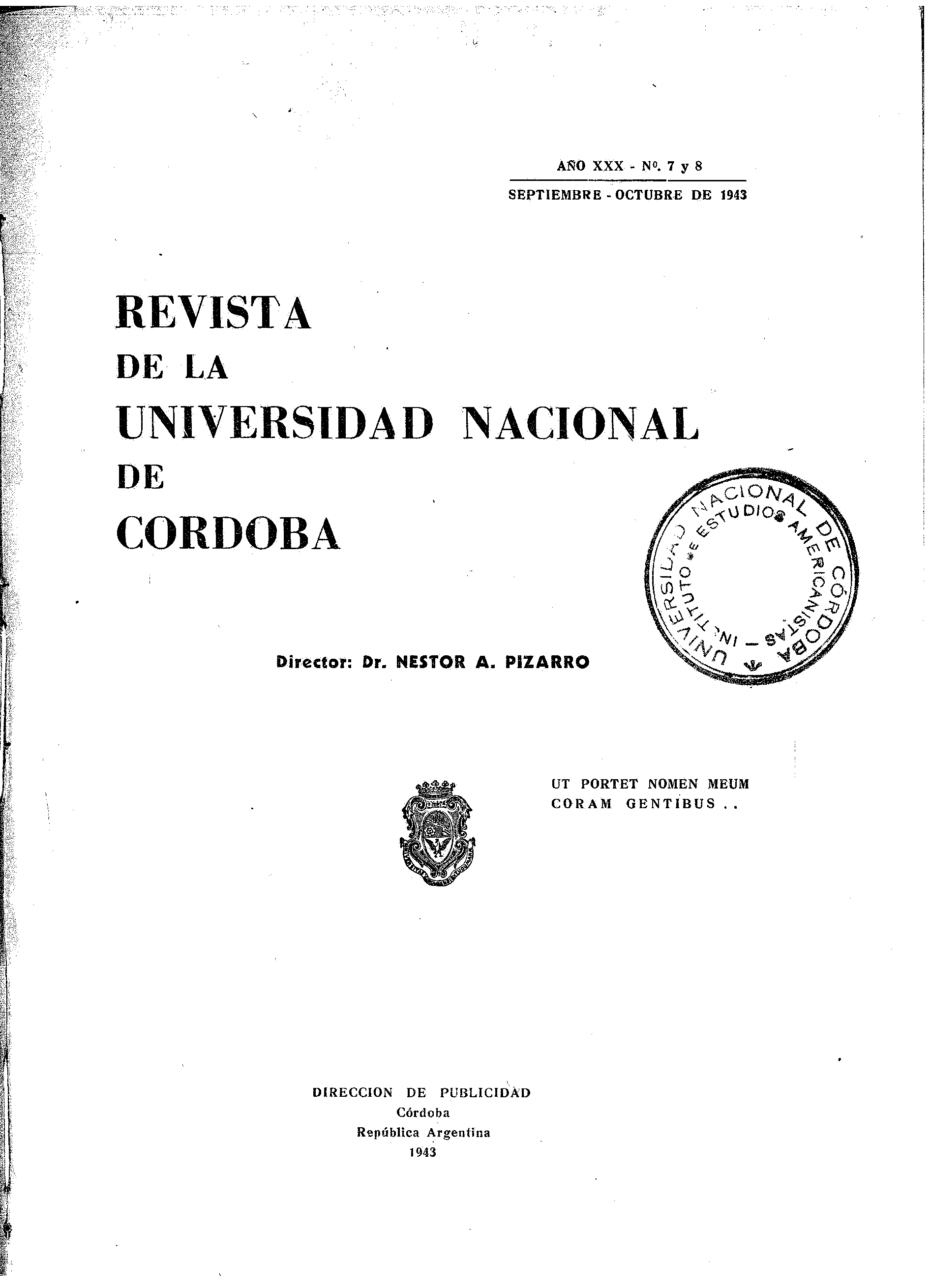Notes for a reform of Spain, without disruption of the monarchical government or religion
Keywords:
State Constitution, Monarchy, Republic, SpainAbstract
At a time when the spirit of liberty is making so much progress, and when the enthusiasm that follows it causes so much havoc, every good citizen should devote his meditations to avoid a revolution, which the abuses themselves prepare, which the example of other peoples anticipates, and which should be feared more than the evils we suffer, and which we so much desire to amend. It is an impossibility, once the revolution is verified, to expect from a congress of enthusiasts, that they do not propel themselves beyond the limits of reason, and that, in their rage against abuses, they do not also destroy the perhaps innocent causes that produce them: just as it would be impossible to get a gang of madmen to pull up weeds from a field without pulling up the wheat.
Downloads
Published
Issue
Section
License
Copyright (c) 1943 Universidad Nacional de Córdoba

This work is licensed under a Creative Commons Attribution-NonCommercial-ShareAlike 4.0 International License.
Commercial use of the original work and any derivative works is not permitted, and distribution of derivative works must be made under a license equal to that which governs the original work.







